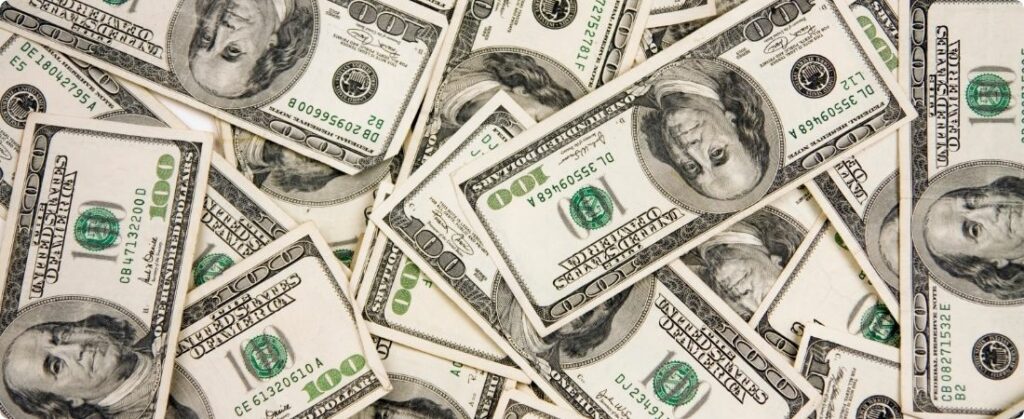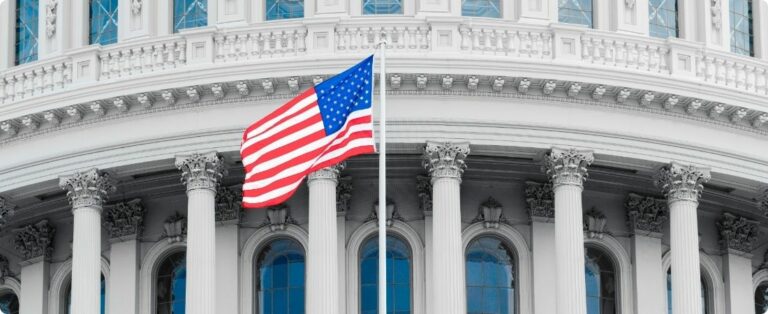
The dollar was up slightly against the real on Monday. Investors were showing greater risk aversion at the start of a week that promises to be tense. The announcement on import tariffs reciprocal measures from US President Donald Trump. The measure raises fears about the impact on the global economy.
At 9:29 am, the spot dollar rose 0.21%, to R$5.7750 on sale.
At B3, the first-maturity dollar futures contract was up 0.29%, at R$5.776 on sale.
As has been the case for most of this year, global markets are keeping a close eye on U.S. tariff plans. The April 2 deadline is fast approaching. Trump has promised to announce a series of reciprocal tariffs on trading partners.
The US president, who had said during his victorious campaign for the White House that he wanted to balance the huge US trade deficit, is seeking to respond to tariffs and other barriers implemented by partners on US products.
In his latest statement on the issue, Trump said on Sunday that the tariffs to be announced on Wednesday would hit all countries, not just a small group of partners, dispelling expectations raised last week that the import duties could be more targeted.
As financial agents fear that the US government's measures could lead to a global trade war that would generate higher inflation and an economic slowdown, markets were showing greater caution in this session, awaiting Trump's announcement.
The dollar index, which measures the performance of the US currency against a basket of six currencies, was up 0.09% at 104.100.
Trump's History and New Tariff Threats
To date, moreover, after several threats and retreats, Trump has already implemented a 20% tariff on Chinese products, 25% tariffs on steel and aluminum imports, as well as 25% tariffs on goods from Canada and Mexico that violate the rules of a North American trade agreement.
In addition, he also promised last week tariffs of 25% on auto imports, which are due to come into effect on April 3.
Finally, during the week, the US government is set to release its employment report on Friday, and investors should also turn their attention to that.
Domestic scenario: Ptax and inflation expectations
On the domestic scene, the highlight of the second for the foreign exchange market is the dispute over the formation of the Ptax. Calculated by the Central Bank based on spot market quotations, the Ptax serves as a reference for the settlement of futures contracts.
At the end of each month, financial agents try to direct the Ptax to levels that favor their positions, bought (betting on rising prices) or sold in dollars (betting on falling prices).
Earlier, analysts consulted by the BC in its Focus survey maintained their projections for inflation this year and next.
The survey showed that the expectation for the IPCA is an increase of 5.65% by the end of this year, the same forecast as the previous survey. For 2026, the projection for Brazilian inflation remained at 4.50%.
Source: Fernando Cardoso | Notícias Agrícolas















